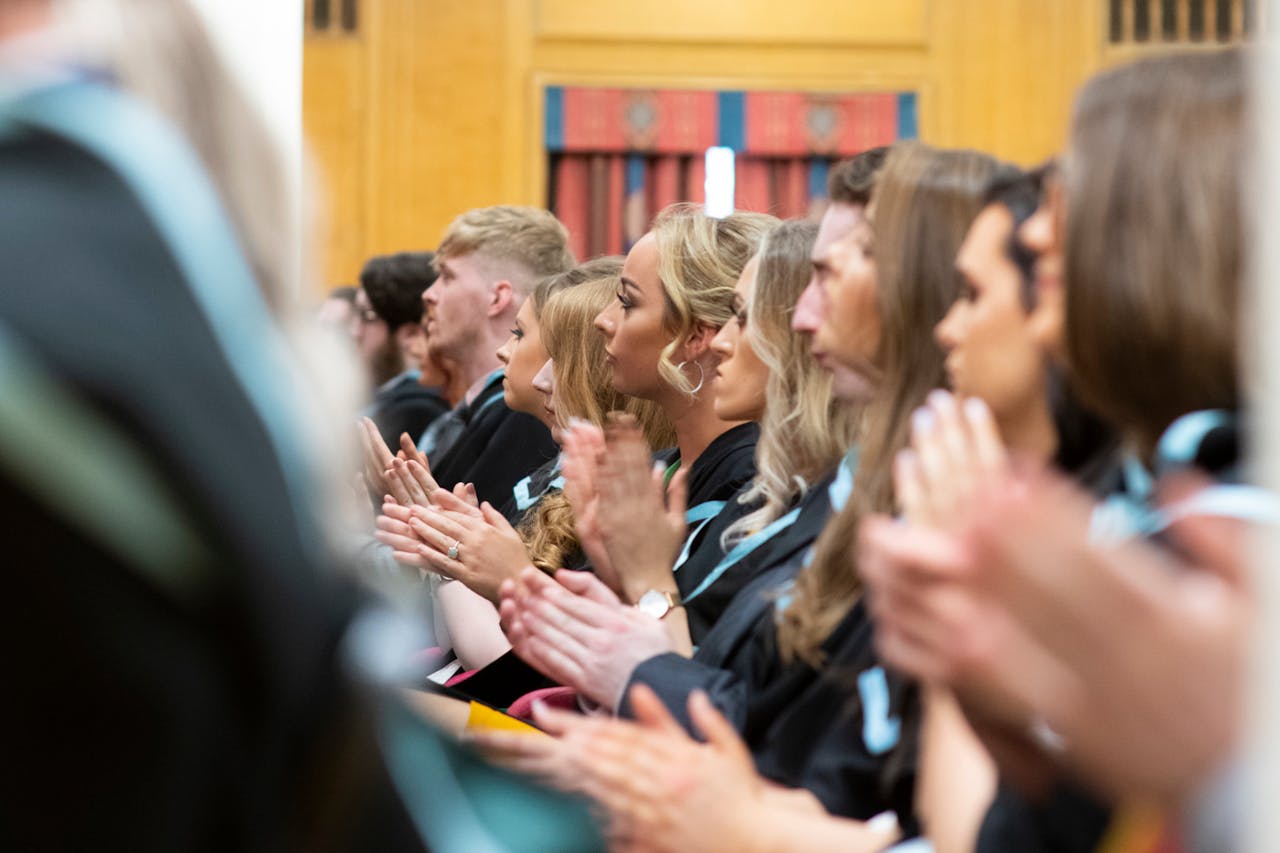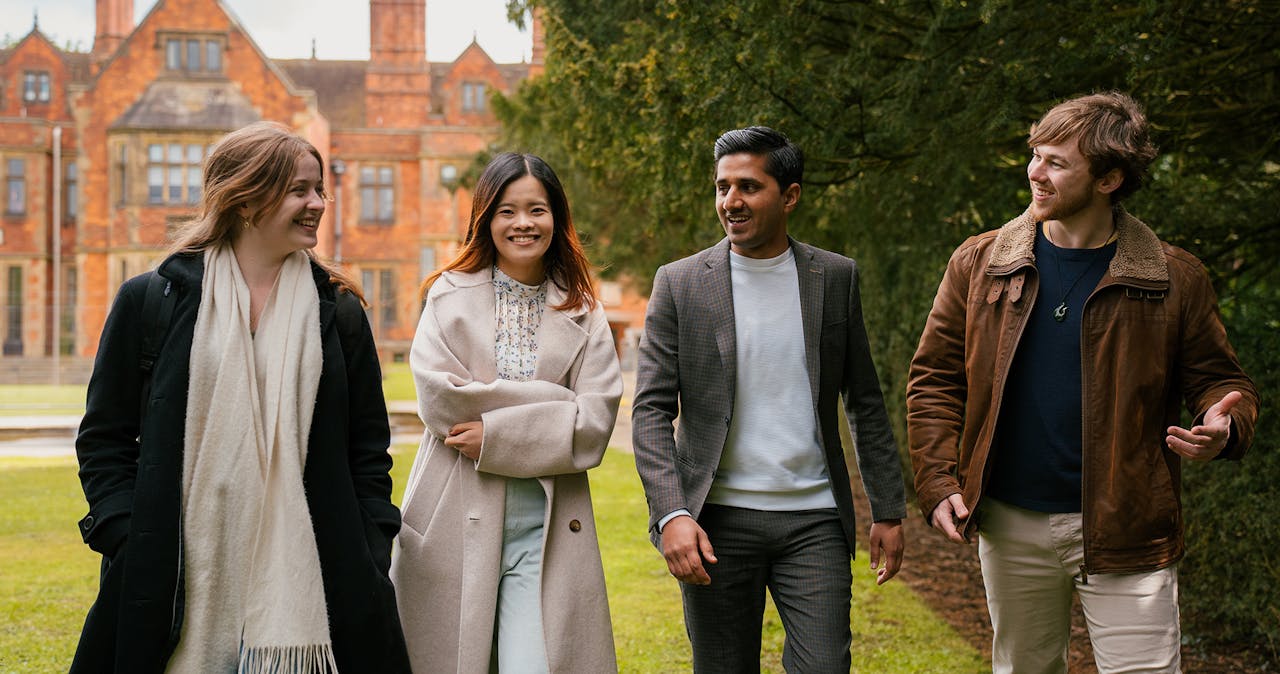UCAS provides an extensive body of materials for its users who are finishing their GCSEs or nationals. In the further education strand, UCAS offers information on different study options and qualifications, including advice on A-levels, BTEC diplomas and NVQs. Each section includes information about the recent changes to the qualifications, how they are taught, studied and assessed, who the qualifications are for, the subjects and grades required for study, how long they take to complete and what’s next.
One of the most helpful tools on UCAS can be found in their careers section. Not only can users take a ‘careers quiz’ to find career ideas, there is also an explore jobs section which provides a list of job families. Users can select a job family, a skill and/or a subject and a spread of job industries is generated. Within these job roles, there are further details on what the job entails, the related skills for the role, the possible academic and vocational routes, the essential qualifications for the job, other related subjects and external links for more information. This tool provides practical information on the numerous ways one can achieve their desired career as well as a platform for users to consider their future options. This section also includes advice on how to get into work, the changing career landscape, what employers are looking for and how to write a CV. Via the UCAS progress search, users can search and apply for any post-16 course, including A-levels, Diplomas, Apprenticeships and more, in a specific city or area. UCAS progress is used for admissions to schools, colleges and work places for these post-16 programmes. There are further details on the application process, how to write a UCAS progress personal statement and what happens when offers are made.
The alternatives section includes apprenticeships/traineeships and internships for post-16 study where users can hear from previous students and view the career prospects, details about the job and the qualification you receive. Users can also search for available apprenticeships nationwide. Within this section, there is also information on degree apprenticeships, gap years with deferred entry and studying overseas for the duration of an undergraduate degree.
As one would expect, UCAS has plenty of material on studying undergraduate degrees at universities, colleges and conservatoires. Users can search for courses, find out when and how to apply, understand UCAS tariff points, receive advice on writing personal statements as well as having results day and clearing explained. UCAS has a range of subject guides and information on what the different undergraduate courses involve and how to get onto them, including videos from current students. These pages also include key statistics for the course, including entry requirements, a list of universities that offer this course and similar courses as well as apprenticeships that are available in this subject.
The UCAS personal statement tool allows users to draft their statement. They can view writing tips, answer relevant questions and track their character count. Under the open days and events section, users can access virtual tours of university campuses, UCAS events for exploring higher education (an opportunity to speak to them and other professional bodies) as well as a page which lists university open days for undergraduate and conservatoire courses. There is a page labelled ‘after applying’ which details how to track an application, when applicants are likely to hear back from the universities, interview tips and the different offers made by universities. There is information on student life too – including what to expect from student accommodation and the different housing options available for undergraduate students. The pages on finance and support contain the different measures of funding that are available and offered by universities, including bursaries, help with travel and accommodation costs and educational grants, local support services and information for parents and carers regarding post-16 education and training.




